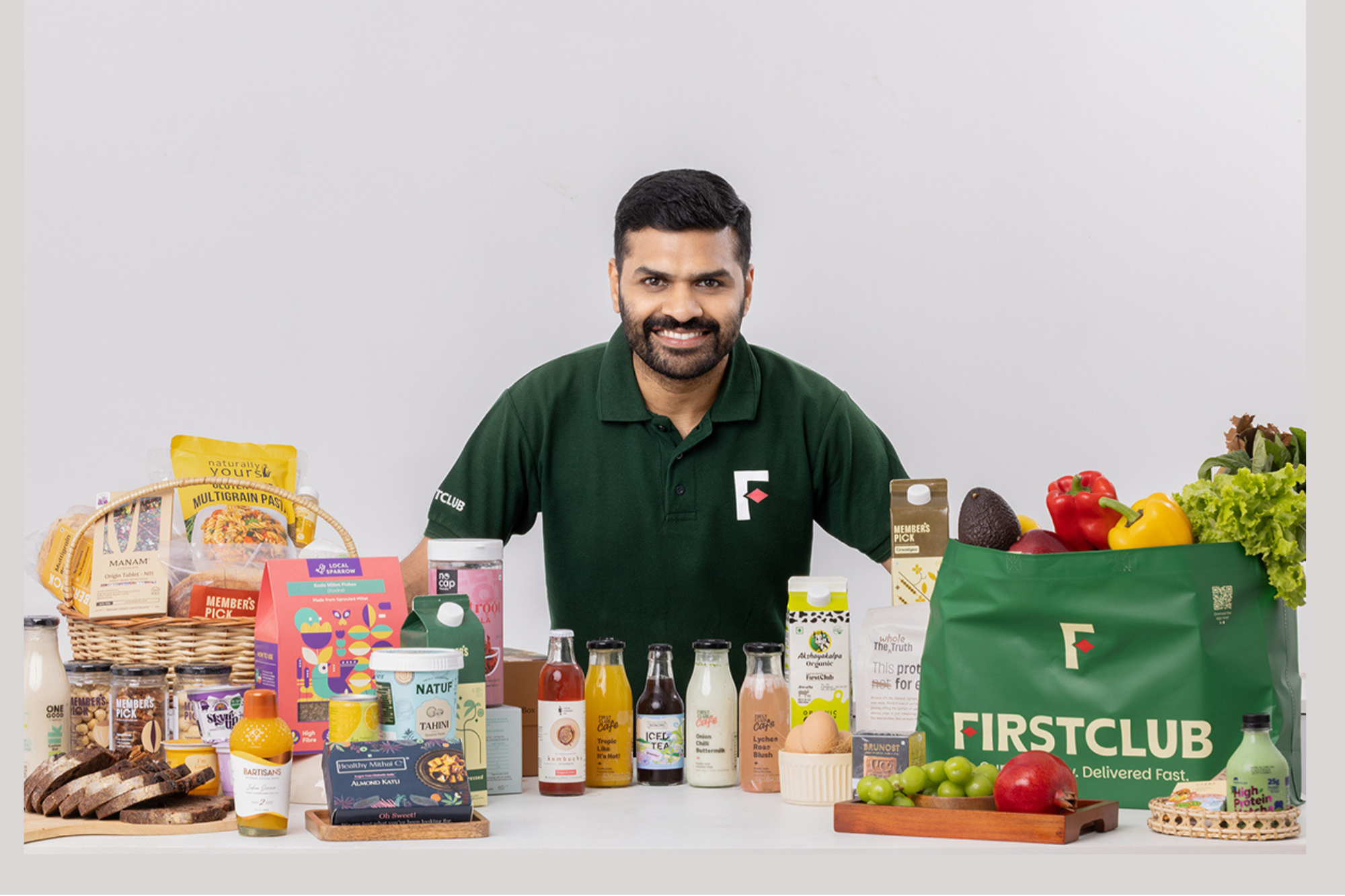Has the Government Finally Woken Up to Support Homegrown E-tailers? Though the tweak or clarification in the policy will reportedly hurt Amazon and Walmart-owned Flipkart the most, domestic e-commerce players have welcomed this move as the level playing field
Opinions expressed by Entrepreneur contributors are their own.
You're reading Entrepreneur India, an international franchise of Entrepreneur Media.

Just before the year 2018 ended, on 26th December 2018, the government reviewed its FDI e-commerce policy. Since then, the industry is divided into a hot zone between international and domestic players.
The notification, which is effective from 1st February, bars e-commerce players from selling products of companies they have stakes in. It also stops them from signing exclusive agreements products.
"An entity having equity participation by e-commerce marketplace entity or its group companies, or having control on its inventory by e-commerce marketplace entity or its group companies, will not be permitted to sell its products on the platform run by such marketplace entity," the Ministry of Commerce said.
Take the example of Amazon, which has an exclusive agreement with OnePlus to sells its products. Similarly, a lot of smartphone companies such as Realme, Xiaomi, Lenovo, Asus or Huawei have exclusive agreements either with Flipkart or Amazon. Considering their orientation to digital platforms, these businesses are also likely to suffer
Though the tweak or clarification in the policy will reportedly hurt Amazon and Walmart-owned Flipkart the most, domestic e-commerce players have welcomed this move as a level playing field.
Home Grown
Even though with capital backup, Amazon and Flipkart helped the e-commerce sector's growth in India, by far it has been quite uneven. A lot of smaller players couldn't match up numbers as discounting models turned out to be really expensive for them
With the policy coming into play, players like Snapdeal, which felt the unicorns' pinch, see this has a ray of hope for smaller players.
In a comprehensive tweet, Snapdeal's Co-founder Kunal Bahl said, "Marketplaces are meant for genuine, independent sellers, many of whom are MSMEs. These changes will enable a level playing field for all sellers, helping them leverage the reach of e-commerce."
While on the other side, the domestic industry also feels the governance, transparency and compliance with the industry was the need of the hour.
Harsh Chauhan, CTO & Co-Founder, MiniDukan opines that companies should provide a transparent platform to vendors and customers by enabling necessary compliance in their policies and business models. "Vendors need a platform which they can trust and not feel betrayed when e-commerce platforms launch their own private labels," he added.
The Conversation
Nonetheless, one of the most stressed points in the clarification is the clause which restricts the sale of products by any entity having equity participation by e-commerce marketplace entity or its group companies is expected to disrupt the existing plans of some big e-commerce companies and force them to make immediate changes.
Rahul Bahukhandi, Co-Founder, LaYuva says this review of policy on FDI in e-commerce has also brought the discussion back to what is an Inventory based model of e-commerce and what defines a Marketplace based model of e-commerce.
"The final draft of the e-commerce policy which is expected to be announced soon will provide more clarity and leave no scope for ambiguity."
For now, all we need to wait to watch is whether the government is willing to extend its February deadline or the likes of Amazon and Flipkart will have to tweak their business models.











